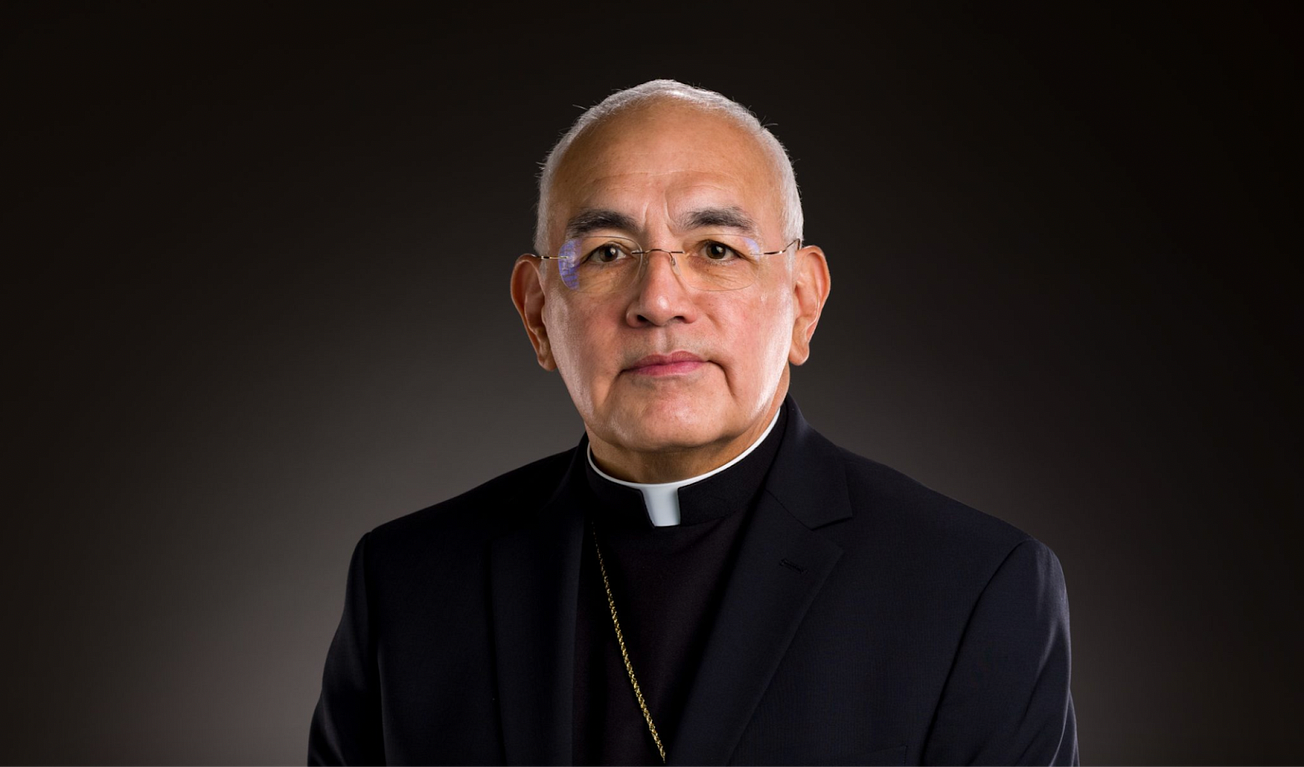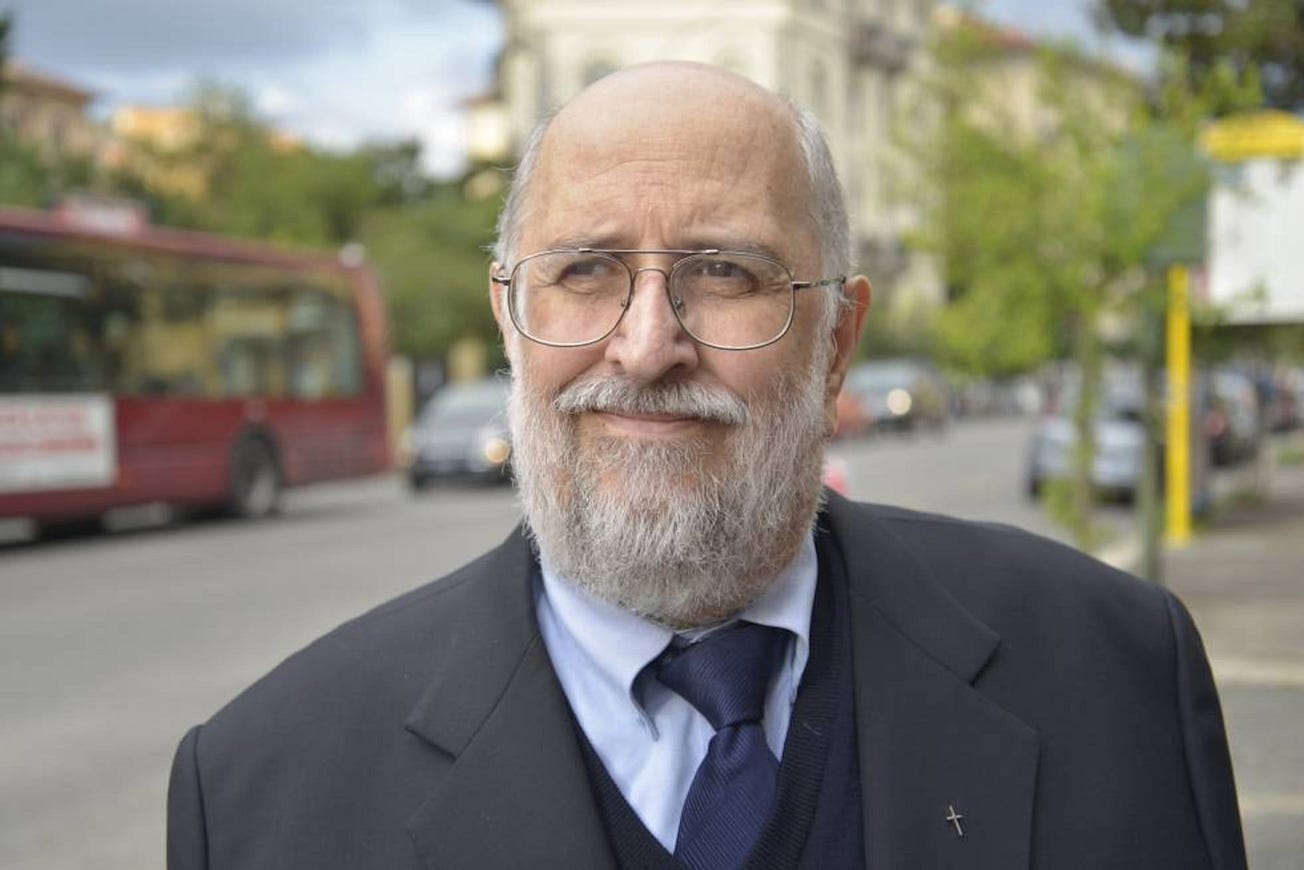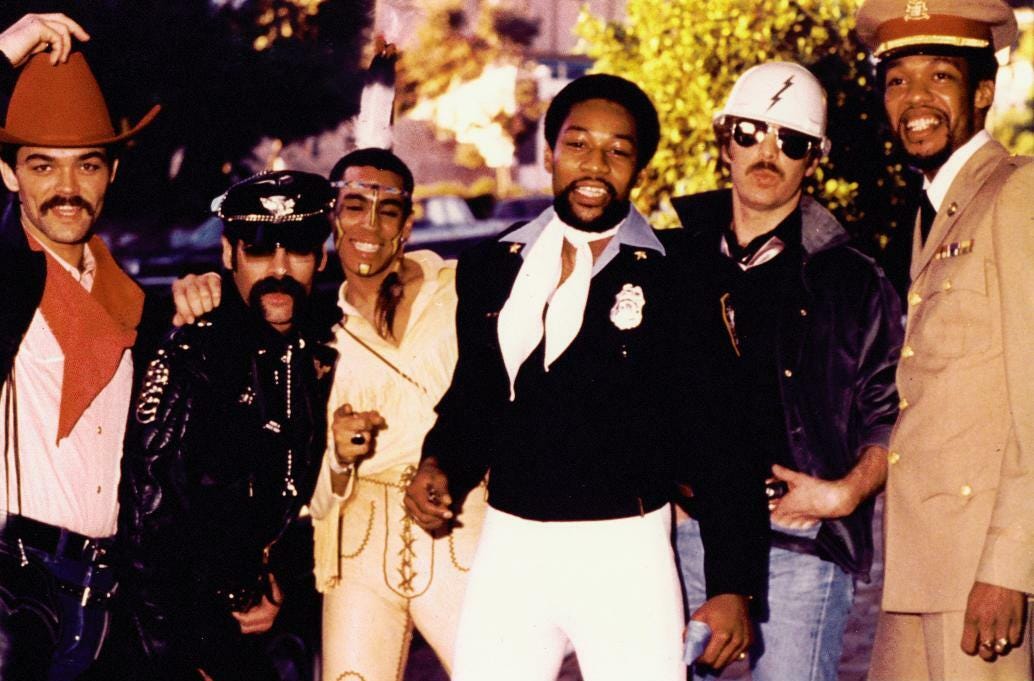The bishops of Nigeria have called on government leaders to end the escalating security crisis in the country, and to work to alleviate the crippling poverty rate in the region.
They urged Nigeria’s government “to address the fundamental defective structures that deepened inequality and poverty,” while also stressing that a renewal of virtue and religion have a key part to play in leading the country to a more stable future.
The Nigerian bishops’ conference concluded its plenary meeting this week in Abuja, the nation’s capital, by releasing a state-of-the-nation document, outlining serious problems of persistent violence, a struggling economy, and elections marred by irregularities.
“Insecurity has remained a persisting problem in our country as insurgents, herdsmen militia, bandits, and the so-called unknown gunmen have continued to unleash terror in different parts of the country. Kidnapping for ransom has continued. Some of our communities have been completely taken over by criminals” the bishops wrote in “Religion, civic responsibility and the building of a better Nigeria,” issued Sept. 15.
Amid growing violence “many have fled their homes, abandoned their farms, shops, businesses and other sources of livelihood. The throng of internally displaced persons in our country is ever-growing, with many children out of school, making them easy prey to human traffickers,” they said.
The bishops called attention to the burning death earlier this month of a Nigerian seminarian.
“We vehemently condemn the killing of the young seminarian, Stephen Na’aman Ngofe Danladi, of Kafanchan Diocese and all the other victims of such violence in all parts of the country,” the bishops said. They offered condolences and prayers for all those grieving, while reiterating their call for “governments at all levels to stand up to their primary responsibility of safeguarding the lives and property of Nigerians.”
“The blood of the innocent continues to cry out to God for vengeance like Abel’s,” the bishops said.
In their text, Nigeria’s bishops explained that the country’s growing violence is connected to its economic crisis.
“Our failing and worsening economy has continued to make living difficult and hard for our people. Nigerians have been subjected to a life of poverty, hunger, hardship and suffering,” they wrote.
They also cited the removal of fuel subsidies and the hike in school fees as contributing to the steep cost of food, transportation, and education.
The bishops criticized the “scandalous comfort” in which elected leaders live, “to the detriment of the poor.” They demanded that the government cut costs and use the money saved to provide essential amenities and services for people in need.
In particular, the bishops urged local governments to promote environments that will foster job creation for the many unemployed young people, and to encourage messaging aimed at young people “not to resort to violence and crime as a substitute for hard work.”
They also lamented political dysfunction in the country, noting that while the 2023 General Elections are over, many of the outcomes are being challenged in court.
Applauding Nigerian citizens for turning out to vote in the elections, the bishops noted that “the conduct of the elections was marred by many pitfalls and irregularities. As reported by many of our commissioned observers all over the country, there were threats, intimidation, violence, poor logistics, inducement, impunity, manipulation of results as well as lack of transparency.”
The bishops said they fear that the irregularities may result in voter apathy and a lack of confidence in the electoral process in the future.
Still, they said they are encouraged that the process is being challenged in the court system rather than by inciting people to violence. They called for further election reforms to build a stronger and more secure political system.
In their document, the bishops stressed the need for a renewal of morality among Nigeria’s leaders.
“The moral integrity of any nation is paramount to its growth and development,” they said, because “one who has moral integrity does the right thing always, takes responsibility for his or her actions, treats others with respect, and is honest.”
“Our country is in serious deficit of moral rectitude which is demonstrated in increasing corruption, cyber-crime and other forms of criminality, blatant lies, and dishonesty,” they lamented.
“As bishops, we are concerned that moral education is not given adequate attention in the families, schools, formation programmes and public institutions,” the bishops said.
A society-wide commitment to morality and religion is the solution to the wide array of problems facing Nigeria, the county’s bishops emphasized.
‘To reverse moral decline in our country, we call for integral formation. We urge parents to be alive to their responsibilities by word and example in raising their children according to ethical values. As Church, we are committed, more than ever before, to the catechetical formation of all our faithful.”
They encouraged families, government, and institutions in the country to prioritize morality and integrity in all their actions.
“We equally call on our youth to have renewed faith in God and abide by good moral principles in their daily life, since they are the driving force that determines the future and hope of the nation,” they said.
The bishops underscored that religion is an instrument for nation building, stressing that it “has contributed immensely to the building and sustaining of nations and empires. It has done this through socialization processes, both formal and informal, societal integration and social control.”
“Religion, as it were, brings to focus the inalienable place of God in human history,” they said. “In Nigeria, we have three main religions: Christianity, Islam and African Traditional Religion. These religions have enjoyed mutual co-existence over time and agree on the sacredness of human life, moral uprightness, justice for all, especially for the poor and the vulnerable, respect for elders and those in authority, and many other common values.”
They cautioned that religion can also be misused “as a tool and justification for violence, oppression, division and manipulation.”
Stressing a need to reject this misuse of faith, they called “for a return to the true value of religion as a positive force in rebuilding our nation.”
The Nigerian bishops also highlighted synodality as “a true path to rebuilding our country.”
Noting the upcoming Synod on Synodality being held in Rome next month, they said the principles of synodality can be beneficial for the broader Nigerian society, beyond the Church.
“Synodality is a way of life,” they said. “It means journeying together as a people of God by way of communion, participation and mission…Synodality is facilitated by listening, a deeper form of hearing, shared responsibility and dialogue.”
A commitment to synodality can help various ethnic, political and religious groups within Nigeria to pursue collaboration and reconciliation by breaking down barriers, they proposed.
Looking to the future, the bishops encouraged the people of Nigeria not to lose hope in the face of the challenges before them.
“Our hope in a better Nigeria stems from the emergence of altruistic and patriotic Nigerians across the different strata of the society. We are indeed confident that a better Nigeria is possible, but surely not without us,” they said.
Only by rebuilding a sense of ethics, selflessness, and sacrifice for the common good will the nation be rebuilt on a firm foundation of “truth, justice, fairness and peace,” the bishops said.




